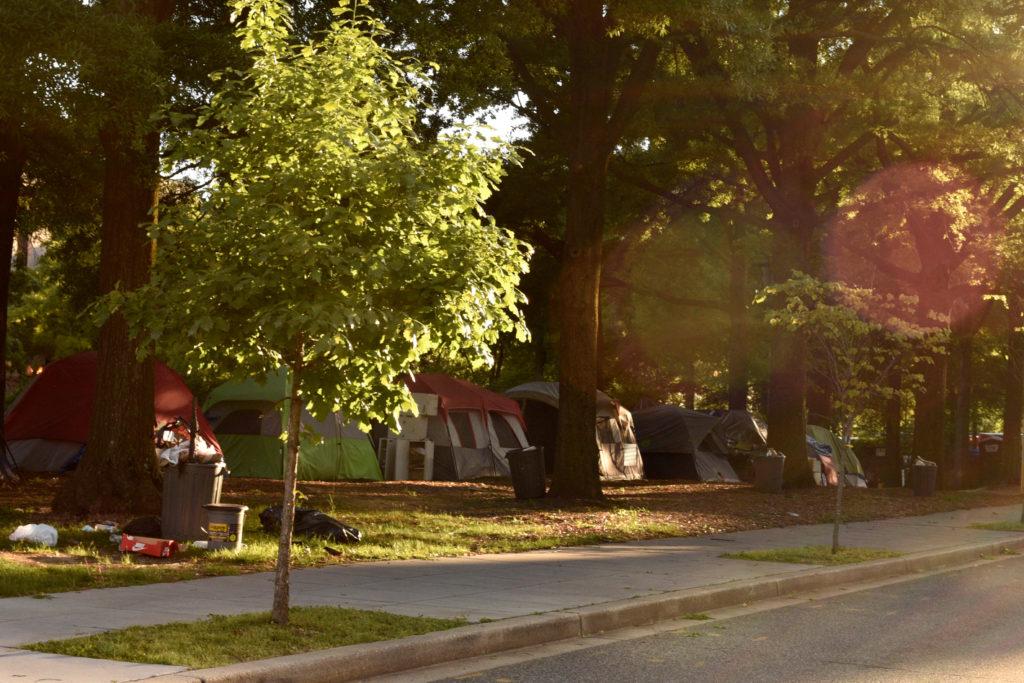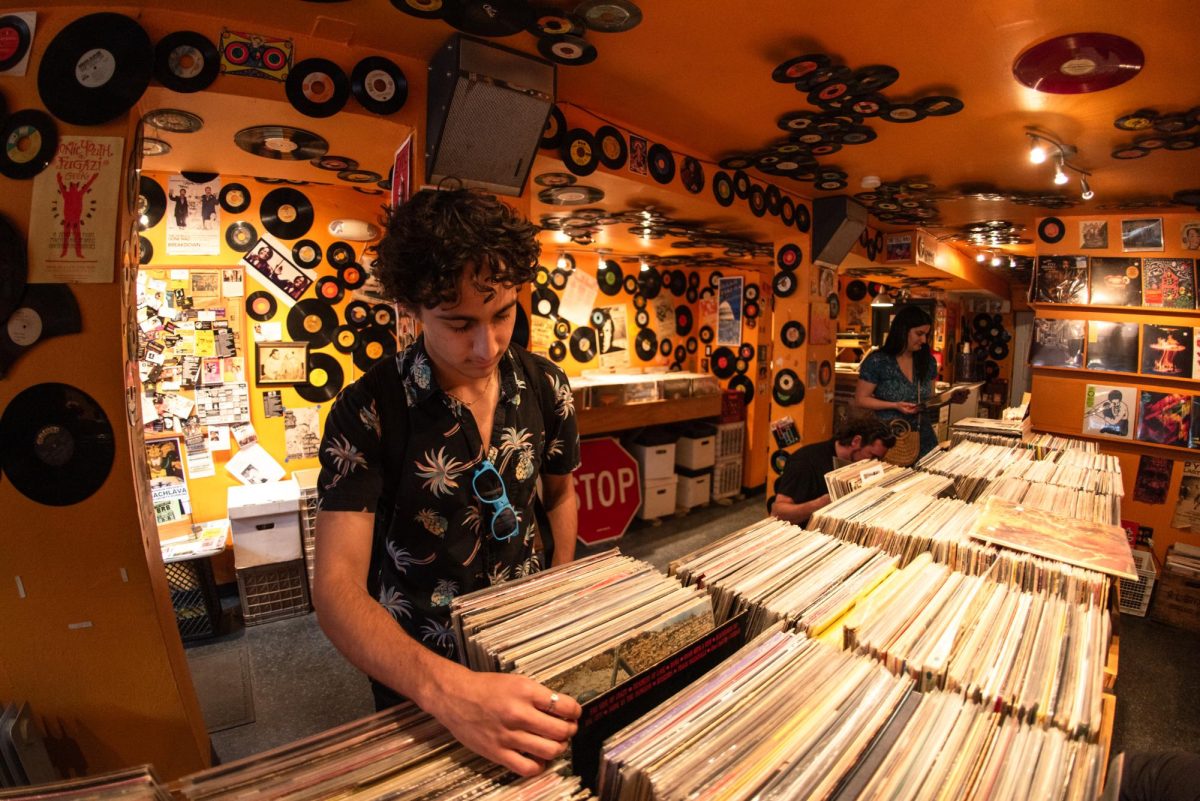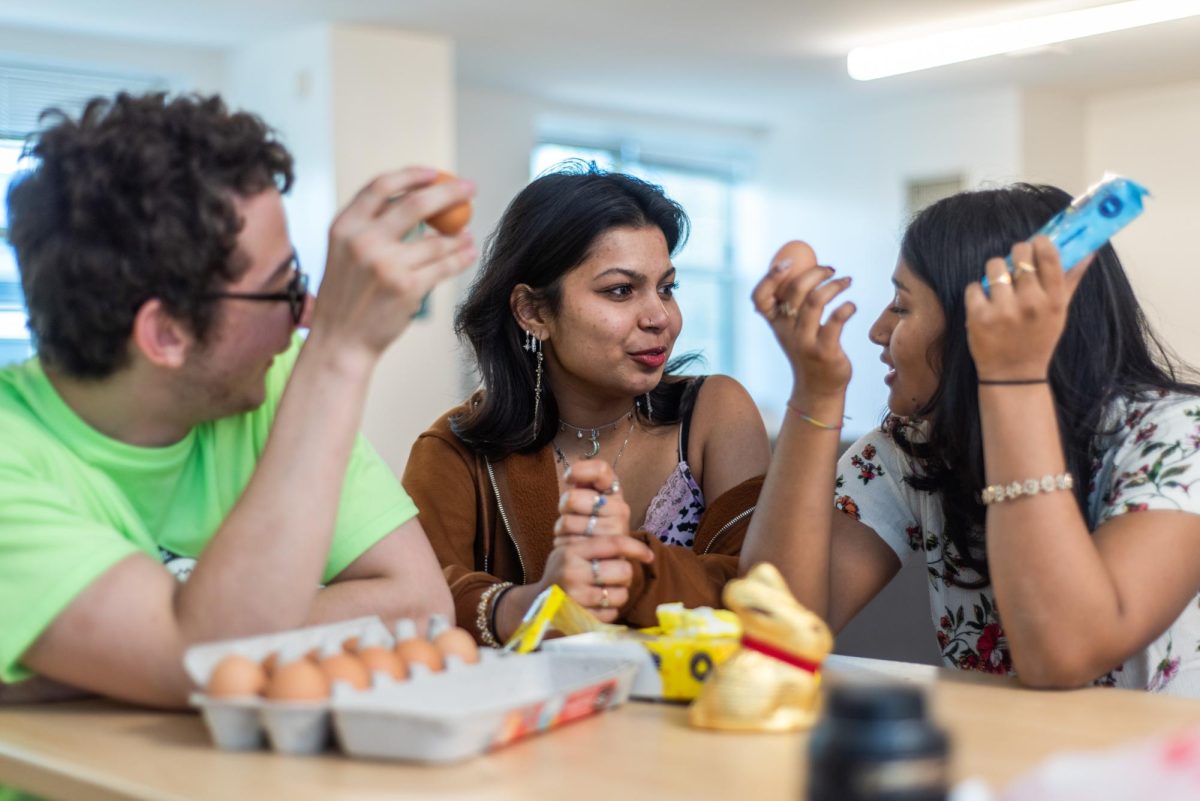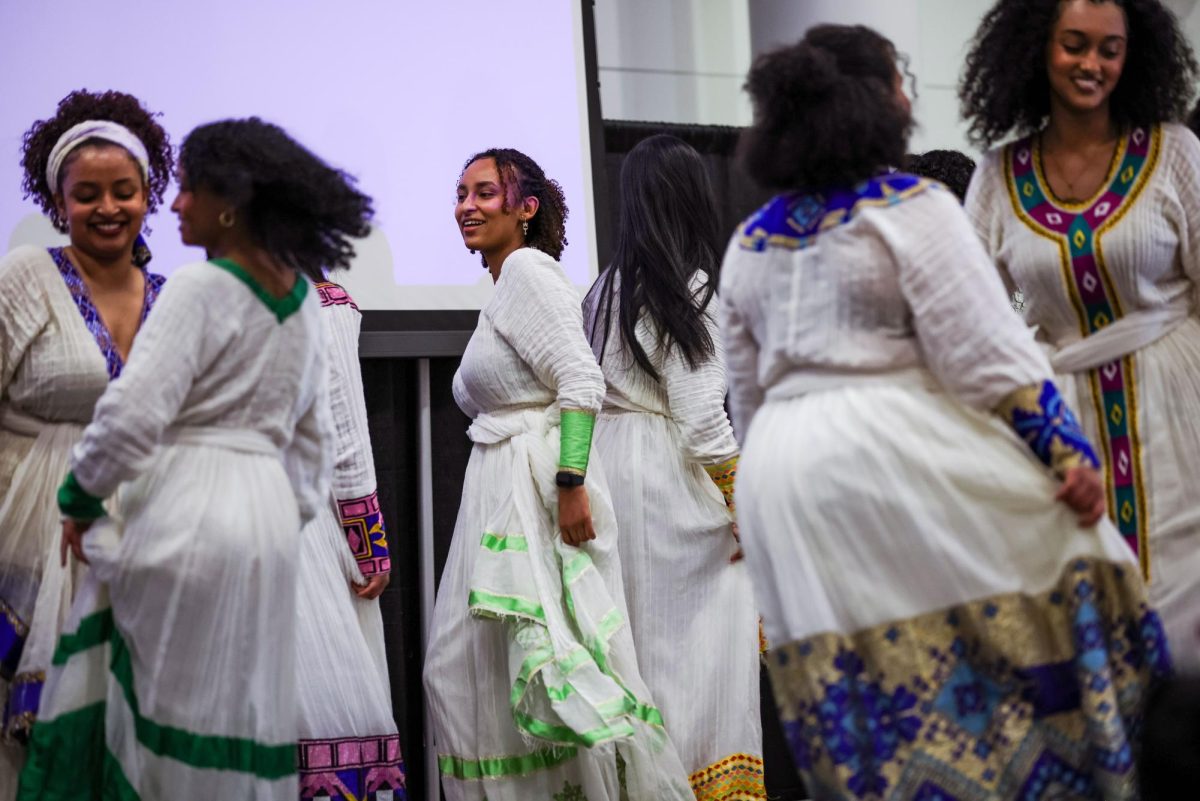As D.C. officials move forward with plans to shut down encampments for unhoused people, here are some ways you can support Foggy Bottom’s neighbors experiencing homelessness.
Mayor Muriel Bowser recently announced Homeward 2.0, a plan to which is meant to end homelessness in the District by 2025. But many people without housing are worried that Bowser’s proposal, which will permanently shut down three of D.C.’s homeless encampments, will leave some displaced or in possibly dangerous situations.
From donating funds to volunteering, we’ve compiled a list of ways you can help unhoused neighbors.
Where to donate
Mutual aid funds
You can donate to mutual aid funds by ward to support residents experiencing homelessness.
A ward 4 mutual aid fund organized by the neighborhood group, “Unhoused Advocacy,” focuses on providing basic necessities to people with food and housing insecurities. The donations from this fund go directly toward buying food, clothing and hygiene products for those in need and are dispersed weekly. The Unhoused Advocacy set up the fund to promote neighborhood equity and accepts both one-time and recurring donations. The group has raised $3,417 so far.
A ward 2 mutual aid fund, organized in connection with the D.C. Mutual Aid Network, gathers funds to financially support unhoused individuals with high risk medical conditions, organize supply drops to encampments and run a help hotline for ward 2 residents experiencing homelessness. You can learn more on the website and even track where the fund spends donations.
Remora House DC supplies donation
Remora House DC is a collective that provides supplies to people without housing all over the District. The organization has compiled an Amazon wish list accessible to the public, sorted by supplies needed from the highest to lowest priority.
The list consists of items like wet wipes, lanterns, grocery totes and phone chargers that can be sent to the gift registry address that appears in your Amazon check out after ordering from the wish list. Remora House DC also collects monetary donations via Givebutter and CashApp which go toward the supplies fund.
Donate supplies using the Amazon wish list here. Donate to the supplies fund through Givebutter or CashApp. Find more information on Remora House D.C.’s Instagram and Twitter pages.
Where to volunteer
Miriam’s Kitchen
Miriam’s Kitchen is a multifaceted nonprofit organization that provides warm meals, free housing through housing subsidy vouchers and social services like applying for IDs to D.C. residents experiencing homelessness.
You can volunteer with Miriam’s Kitchen by handing out meals and supplies at a tent outside their kitchen. And while full-on meal prep assistance is temporarily suspended because of the pandemic, volunteers can help prep ingredients and support the staff in their ongoing duties.
Back on My Feet
Back on My Feet is a national organization with operations in 14 major US cities including D.C. This organization focuses on getting residents experiencing homeless to unite with volunteers through group walks and runs and provides them with other tools like career counseling and professional resources.
You can volunteer either by leading morning walks and runs or getting involved in the Workforce Development programming. This programming provides residents experiencing homelessness with career coaching, professional development and skill-building workshops and referrals to education and employment opportunities.







